In this episode we pay tribute to the novelist Salman Rushdie, who was subject to a murderous knife attack in August 2022 that very nearly killed him and left him with a damaged hand and blind in one eye. His assailant was sentenced to life imprisonment in February this year.
While it’s not entirely clear what motivated the young man he seems to have been, at some level, acting out the fatwa imposed on Rushdie by Iranian leaders in 1989 because they accused his novel, The Satanic Verses, of being blasphemous and thus its author punishable by death. Last year Rushdie’s latest book, Knife, was published. It is an autobiographical account of his fight for survival, and why he was subject to such a violent attack. In it Rushdie describes and reflects on the fatwa against him, which blighted his life for many years, and ultimately culminated in the horrendous attack. He says:
…the weaponising of Islam around the world has led directly to the terror reigns of the Taliban and the ayatollahs, to the stifling society of Saudi Arabia, the knife attack against Naguib Mahfouz [the Nobel Prize winning Egyptian novelist], to the assaults on free thought and the oppression of women in many Islamic states and, to be personal, to the attack against me.
It is remarkable that Rushdie survived the attack and after a gruelling period in hospital and rehab, he has returned to public life. His courage and fortitude in continuing to defend freedom of expression is even more remarkable.
It’s important to recognise that his attempted murder is more than just personal: it has serious implication for freedom of expression that is essential for artistic integrity and openness. Picking up on what Rushdie argues about the weaponising of Islam, how is the growing influence of Islam or Islamism contributing to a more censorious environment that might constrain artistic expression?
In this episode Manick Govinda, Ralph Leonard, Khadija Khan and Daniel Ben Ami discuss Rushdie’s novels and whether Islam/Islamism represent a serious threat to freedom of expression.
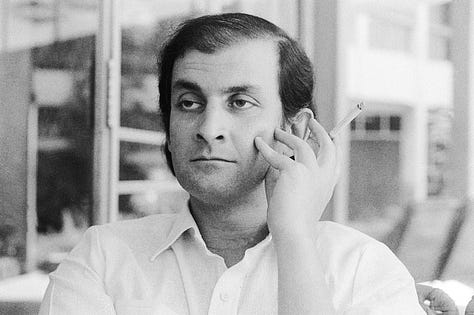
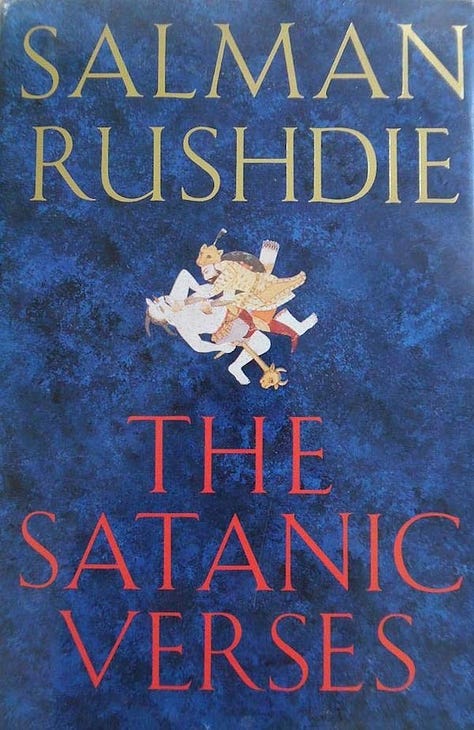
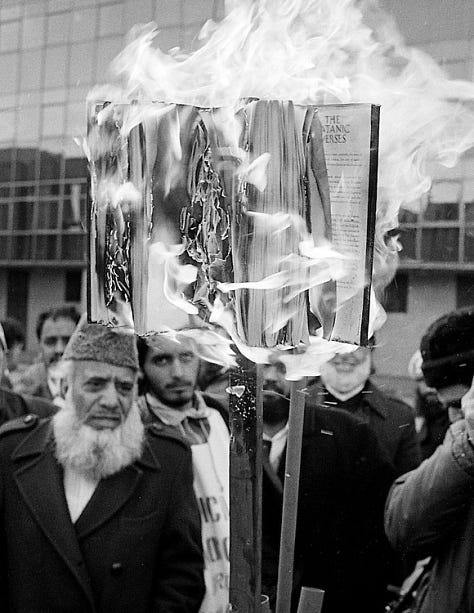
Manick Govinda has appeared previously on this podcast. A courageous defender of freedom of expression in the arts, he is a curator, a consultant and writer. He recently co-curated an exhibition of art reflecting on the October 2023 attacks on Israel by Hamas. He has read most of Rushdie’s novels and is a huge fan. He makes the case for Rushdie as a great novelist.
Ralph Leonard follows, with an overview of the fatwa against Rushdie and its consequences. Ralph is a British-Nigerian writer and commentator, specialising in international politics, religion, culture and humanism, and has his own substack, The Black Jacobin where he has written on Rushdie and the knife attack.
Also discussing the implications of violent, politicised Islam or Islamism on freedom of expression, particularly in the arts are:
Khan Khadija, a journalist and broadcaster based in the UK. She has a particular interest in human rights, mainly women’s rights, as well as minorities and extremism. She is a secular humanist and believes that the freedom to challenge bad ideas is the most effective way to counter extremist narratives. She is an editor and co-host of A Further Inquiry.
and
Daniel Ben Ami, an author and journalist. He runs the Radicalism of Fools website, examining contemporary developments in anti-Semitism. He argues in his website ‘In my view we need to challenge anti-Semitic ideas rather than try to supress them as a form of hate speech. Attempts to ban bad ideas only leads to them reappearing in new forms.’


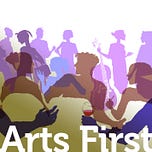

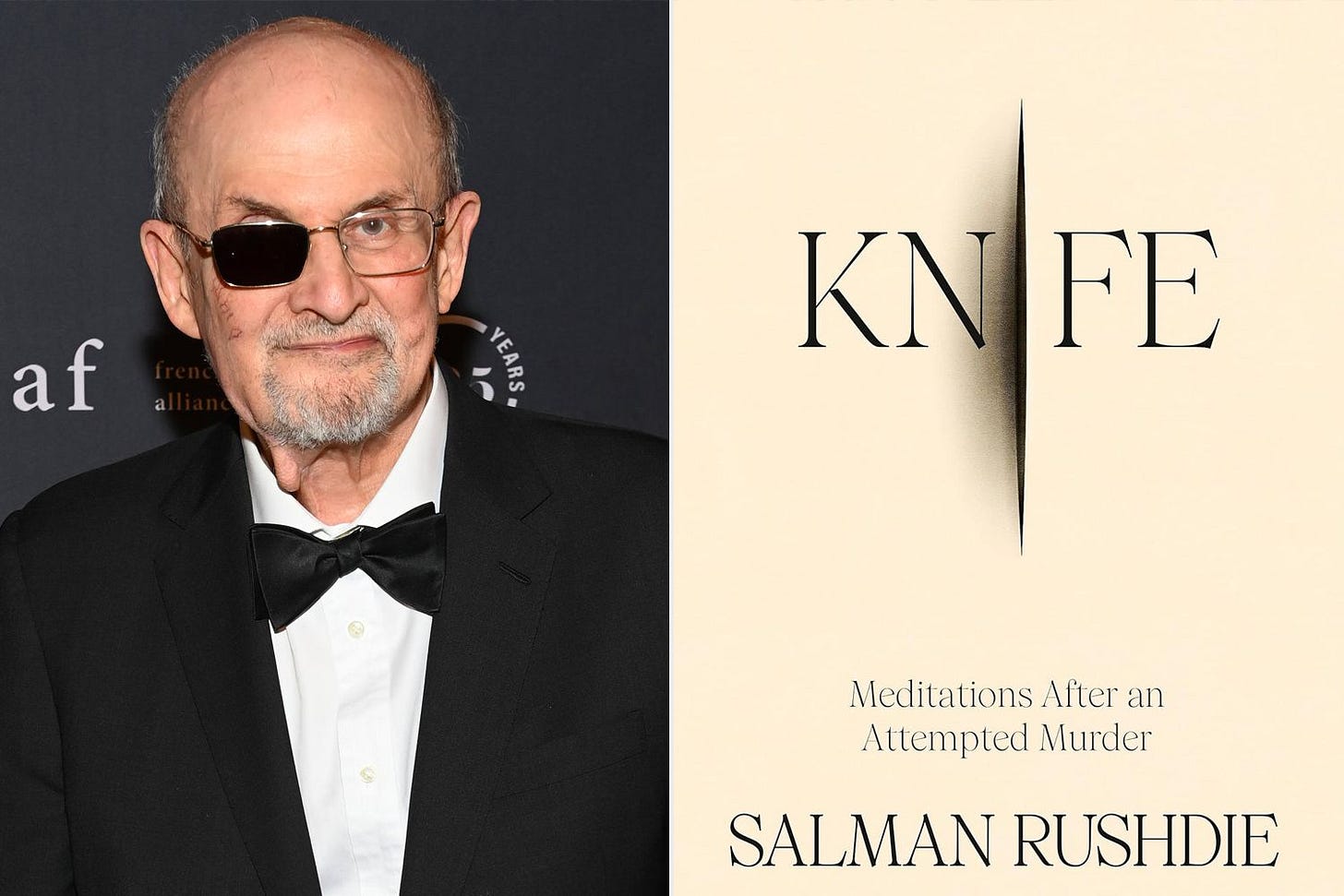

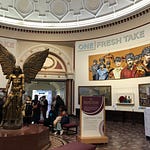

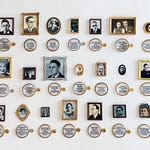
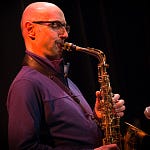

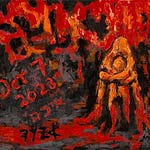

Share this post